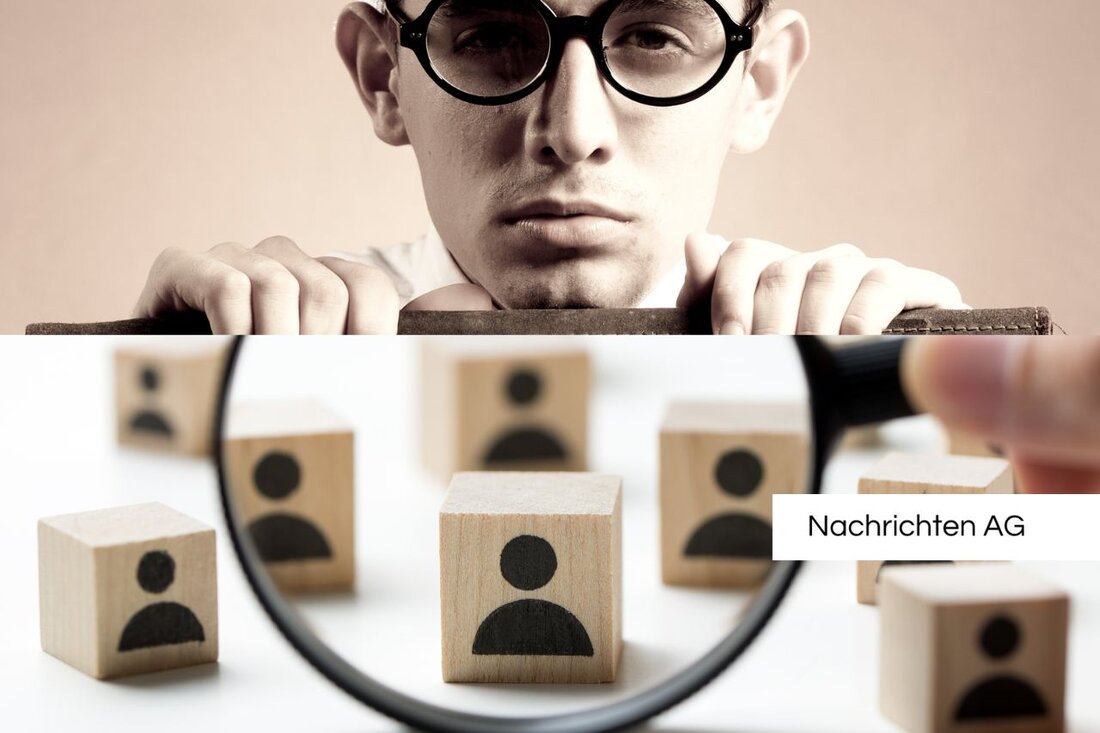Military parade in Belgrade: Vucic shows strength with 10,000 soldiers!
Military parade in New Belading on September 21, 2025 shows the military strength of Serbia under President Vucic. Debates about meaning and context.

Military parade in Belgrade: Vucic shows strength with 10,000 soldiers!
On September 21, 2025, an impressive military parade took place in a new bel. The parade lasted two hours and opened with a ceremonial volley, in which sixty shots from six cannons were fired. President Aleksandar Vučić gave command to the Salve, which had the event interpreted as a clear symbol of his power. The presentation of a three hundred meter long Serbian national flag by military students tuned to the event, which was interpreted as demonstration of power by President Vučić. This view is supported by the current geopolitical situation: Serbia is in a arms race with his neighbors, especially with Kosovo and Bosnia and Herzegovina.
The military parade took place on the occasion of the Serbian unit, freedom and national flag day, a holiday that has been celebrated together by Serbia and Republika Srpska since 2020. This special day commemorates the breakdown of the front of Thessaloniki in 1918. Defense Minister Bratislav Gašić described the parade as a symbol of freedom, unity and strength, and invited citizens to attend the spectacle. Critics such as the military commentator Petar Bošković, on the other hand, see an inappropriate and even absurd demonstration in the middle of a political crisis in the parade, since a significant part of the population is divided.
Preparations and discussions
Preparations for the impressive parade have been running for some time, including the booming of aircraft. Despite the festive mood, the event also causes critical voices. Bošković pointed out that around 15,000 people have left the Serbian army in the past six years and criticized the financial resources that are spent on the parade. These concerns are in contrast to state rhetoric, which puts the strength of the Serbian army in the foreground, while the country is at the same time with an increased defense budget of 1.3 billion euros, which is ten times as high as that of Kosovo.
Serbia has massively upgraded its armed forces in recent years, which has triggered concern among neighboring countries. In the context of geopolitical tensions, Kosovo's President Vjosa Osmani and Bosnia's President Denis Bečirović warn of possible military aggression of Serbia and see the country as the “satellite state of Russia”. Both demand to treat Serbia more clearly in the negotiations on EU and NATO accession in order to protect regional stability. In the meantime, President Vučić propagates the project of the "Serbian World", an ideology that emphasizes the interests of the Serbs in the region.
Regional concerns
The military armament of Serbia and the recent developments raise questions about the security and sovereignty of neighboring countries. Reports about the purchase of French fighter planes, Russian combat helicopters and Chinese aircraft systems as well as the recruitment of thousands of drones from Iran strengthen these concerns. While Kosovo does not have any tanks, Turkish drones and American Javelin tank defense missiles have obtained it to secure themselves against potential threats.
The geopolitical tensions in the region are high because Serbia sends worrying signals in the past with paramiltarian and earlier troop marches. The federal government in Berlin also expresses concern about the increasing militarization of Serbia. The uncertainty about the future US policy after Donald Trump's possible election victory ensures additional discomfort in terms of security in the Western Balkans.
The military parade in Belgrade was therefore not only a national festival, but also a reflection of the current tensions and the complex political conditions in the region. The discussions about whether this form of the demonstration of power is appropriate in view of the current situation is expected to continue to be controversial.

 Suche
Suche
